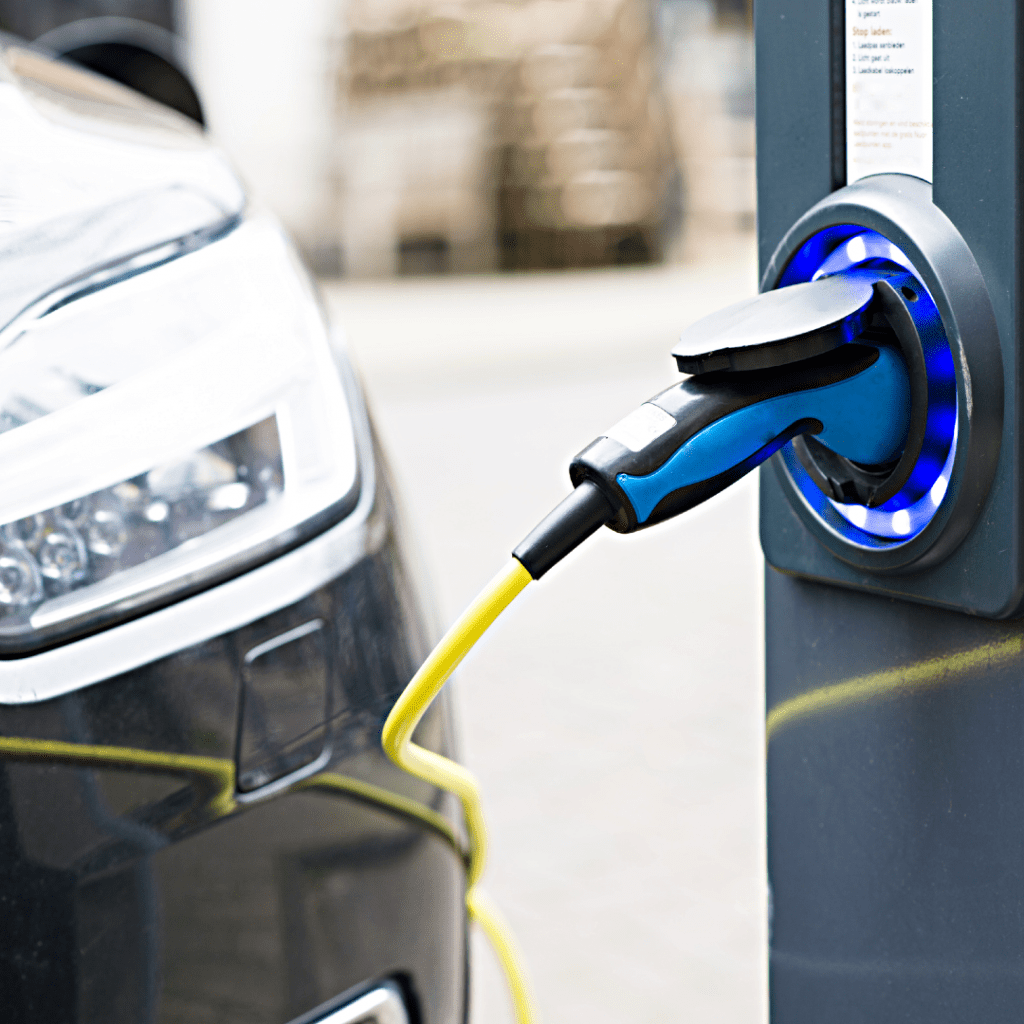As many of our Umbrella clients have their own Limited Company, we thought it would be useful to share a recent article that we posted via our sister company, Carrington Accountancy.
We are often asked about the benefits of purchasing a car through a company and in recent years more and more clients are looking at purchasing an electric vehicle. There are certainly more tax allowances if you are looking at the electric option, but the rules do change.
There has been a small update from HMRC in what can be classified as a newly registered car – very low mileage dealer demonstrators can in some cases qualify for 100% allowances so here is our most up to date advice.
The tax and National Insurance (NI) incurred and tax reliefs of cars is a complex area and we tend to look at individual cases rather than using standardised models. Thresholds and percentages are also regularly changing which does not make it easy. Benefit in Kind (BiK) rates also change depending on the co2 rating and the electric mileage range of the vehicle. These BiK rates also change each year and it is very likely that the 2% (if you qualify) will increase in the coming years.
Tax for the Employee:
The Benefit in Kind Rates are shown in the following table. These percentages are applied to the full retail value of the vehicle including all extras you may have fitted.
| Vehicle CO2 emissions | BiK rate for cars registered after 6 April 2020 | |||||||
| 2019-20 | 2020-21 | 2021-22 | 2022-23 to
2024-25 |
|||||
| 0 g/km | n/a | 0% | 1% | 2% | ||||
| 1-50 g/km (electric range >130 miles) | n/a | 0% | 1% | 2% | ||||
| 1-50 g/km (electric range 70-129 miles) | n/a | 3% | 4% | 5% | ||||
| 1-50 g/km (electric range 40-69 miles) | n/a | 6% | 7% | 8% | ||||
| 1-50 g/km (electric range 30-39 miles) | n/a | 10% | 11% | 12% | ||||
| 1-50 g/km (electric range <30 miles) | n/a | 12% | 13% | 14% | ||||
A fully electric car with zero emissions and a retail price of £30,000 would therefore have BiK of £600 for 22/23. These figures would then be taxed on you at your highest rate of tax. So if you are within the basic rate band your tax payable for 22/23 would be £120 (£600 x 20%) or £240 for a 40% taxpayer. You can see from the above that this BiK rate increases significantly where the electric range is lower for cars producing co2.
Employers NI:
Whatever the BiK value is for the employee, there is an Employers NI charge of 15.05% per annum. A BiK of £600 would create Employers NI of £90.30.
Tax Relief for the Employer:
Where the car is bought brand new (first registered owner only) the employer can claim a capital allowance of 100% of the price paid where the car is fully electric or has a co2 rating of lower than 50g. HMRC have recently clarified that they will accept a car is unused and first-hand even if it has been driven “a limited number of miles for the purposes of… test (driving)… or used as a demonstrator car”. Only issue is that how many a ‘limited number of miles’ is not defined. If this applies to a car you are considering, it would be best to get agreement with HMRC prior to making a commitment.
A £30,000 purchase would reduce your taxable profit by £30,000 and give a corporation tax saving of £5,700 (£30,000 x 19%) in the year of purchase.
You should note though that when the car is sold, any proceeds would have corporation tax charged at the rate for that year, currently 19%. So, if you sold the car for £20,000 after two years, you would have to repay corporation tax of £3,800.
The employer will also be able to get corporation tax relief on the costs of maintaining and insuring the vehicle. If the annual maintenance costs paid by the company were £2,000 there would be a tax saving of £380.
You can see from the above that it is therefore critical to know the following when considering an electric car purchase:
- The co2 rating
- The stated electric range according to HMRC
- The full retail price of the car and any extras
- The car is brand new
These are significantly more generous rates and allowances than for normal vehicles which are heavily taxed.

